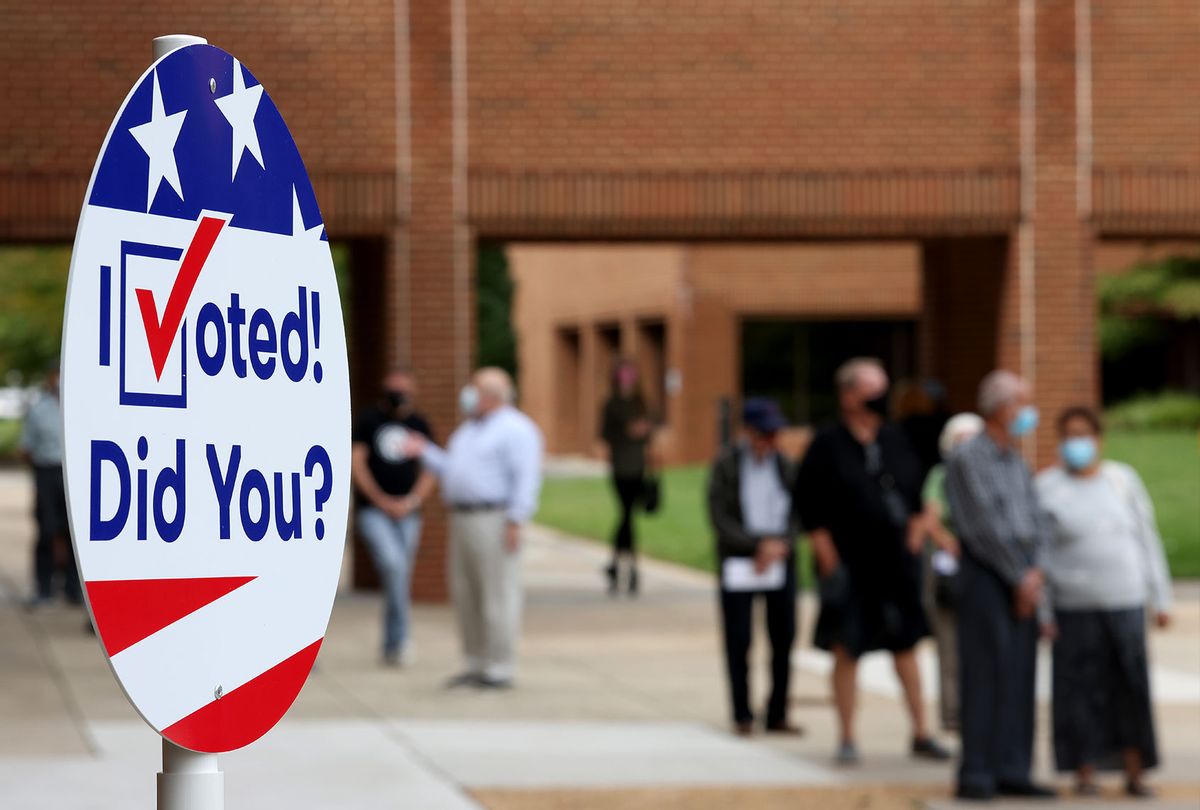A federal judge on Thursday blocked an order by Ohio's Republican secretary of state limiting the number of absentee ballot drop boxes to one location per county, a move civil rights groups decried as a last-minute attempt to erect yet another barrier to safe and accessible voting amid the coronavirus pandemic.
The scathing decision by Judge Dan Polster of the U.S. District Court for the Northern District of Ohio came in response to Ohio Secretary of State Frank LaRose's directive (pdf) earlier this week prohibiting counties from establishing ballot drop boxes "at any location other than outside the board of elections"—an order similar to one issued by Texas' Republican Gov. Greg Abbott last week, prompting rights groups to sue.
"While it may be said that the 7,903 registered voters in Noble County may find a single drop box location sufficient, the record demonstrates that the 858,041 registered voters in Cuyahoga County will likely not," Polster wrote in his 26-page ruling (pdf). "The Secretary is continuing to restrict boards from implementing off-site collection, and he appears to be doing so in an arbitrary manner."
"We are in the middle of the worst pandemic in a century coupled with reasonable concern over the ability of the U.S. Postal Service to handle what will undoubtedly be the largest number of absentee voters in Ohio's history," Polster continued. "The Secretary has not advanced any legitimate reason to prohibit a county board of elections from utilizing off-site drop boxes and/or off-site delivery of ballots to staff."
Kristen Clarke, president and executive director of the Lawyers' Committee for Civil Rights Under Law, which represented the plaintiffs in the case, said in a statement that Polster's decision "protects the right to vote for tens of thousands of Ohioans, especially black voters and people of color who disproportionately reside in some of the most populous county in the state."
"No voter should have to sacrifice their health and well-being to cast their ballot," said Clarke. "Drop boxes have proven to be a secure method of collecting ballots, and are crucial in allowing voters to safely cast their vote during this unprecedented pandemic. The court's ruling is a success in the ongoing fight against eleventh-hour voter suppression efforts."
Plaintiff Beatrice Griffin, a voter in the critical battleground state, said she was compelled to join the lawsuit against Ohio's top election official "not only by my own need, but my awareness that many of the 860,000 voters in Cuyahoga County do not have cars and would spend hours reaching the one downtown drop box location on public transportation."
"This is an unfair burden on any voter," said Griffin.



Shares